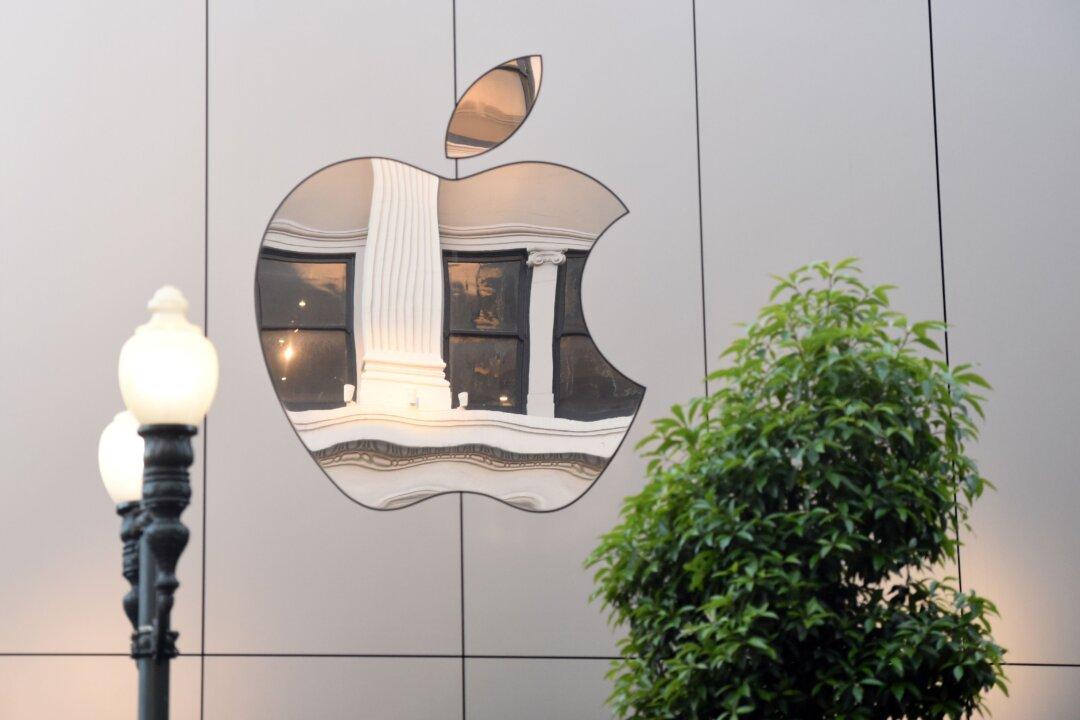SAN FRANCISCO—U.S. authorities charged a former Apple employee with stealing trade secrets on July 9, accusing him of downloading a blueprint related to a self-driving car onto his personal laptop before trying to flee the country for China, according to a criminal complaint filed in federal court.
The complaint said the former employee, Zhang Xiaolang, disclosed intentions to work for a Chinese self-driving car startup and booked a last-minute flight to China after downloading the plan for a circuit board for the self-driving car. Authorities arrested Zhang on July 7 at the San Jose airport in California after he passed through a security checkpoint.





